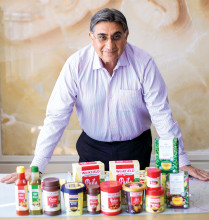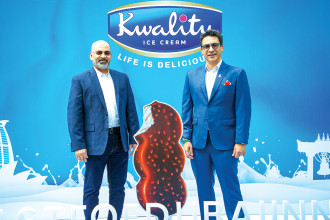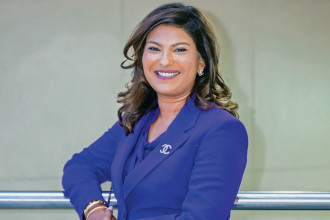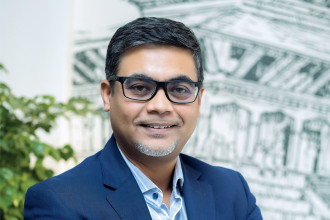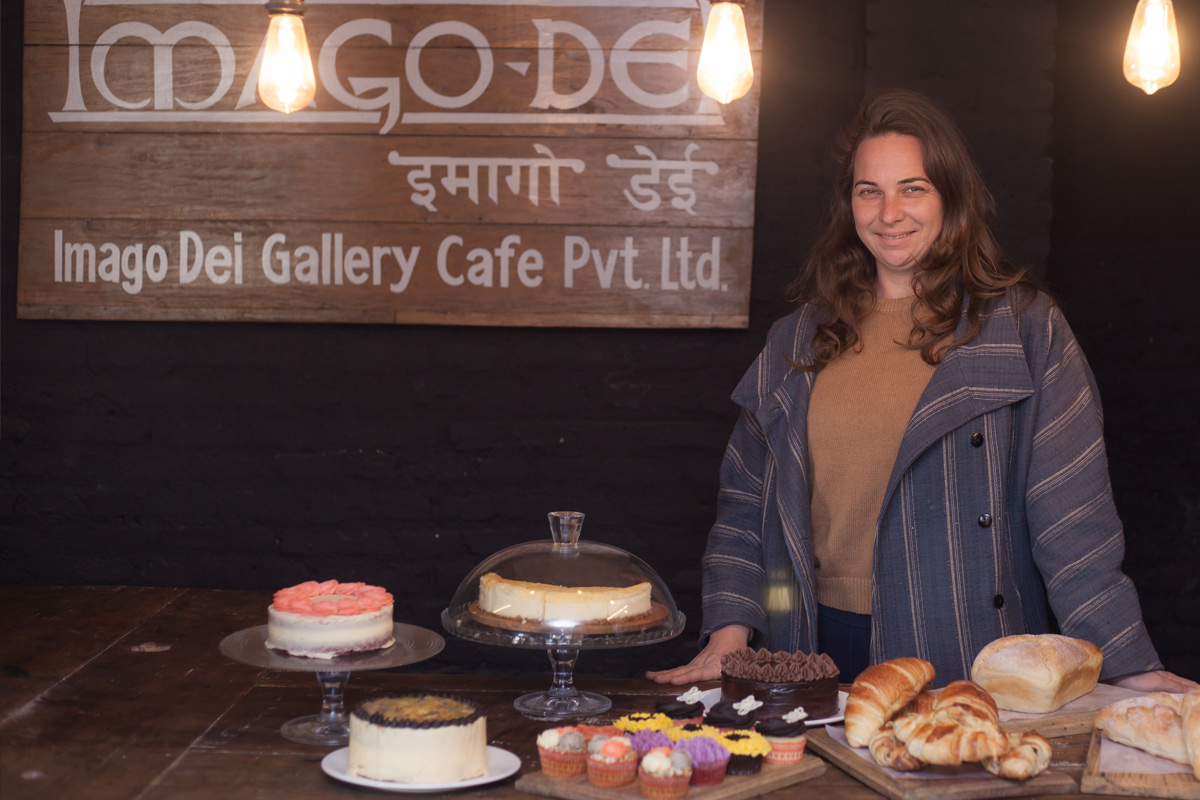
Rachael Manley started Imago Dei Cafe Gallery 15 years ago when she was just 22 years old. It was her first business venture and she wanted to do something different from what was available in the market. She chose Naxal as the venue for her business, away from Thamel and Durbar Marg which were the hot spots for restaurants.
Although Manley is a business student, she shares that the practicalities and realities of starting a venture are quite arduous. It took a lot of research, changing things around, strategising and networking, and time to find her footing but she took it upon herself to create a business that reflected her creativity and passion for good food. “Little by little the business grew and honestly it’s been a really interesting journey,” highlights Manley.
Her menu is consistent with quality and taste and her cheesecakes are the most sought after in town. She ensures choosing the right ingredients, honouring the recipe and not taking shortcuts. “Great recipes have been made for a reason.”
Excerpts of an interview with Dibesh Dangol of B360:

How did you decide to combine food and art when establishing Imago Dei?
It’s very challenging for people to visit places of art. Going to a museum is relatively harder than having a museum in a place where you are comfortable at. So the idea behind Imago Dei was that if you had a restaurant surrounded by art, it would open up art to the people. The art scene is very interesting in Nepal. I’ve grown to be fond of the Nepali art and artists. I see how the senior artists have developed and the younger artists are coming through. I can see the inspiration both globally and locally and I really appreciate the connection artists have to the local culture. Valuing anything artistic is still challenging; it’s just not about paintings but also fashion and graphic design. It’s hard to put a monetary value on someone’s creativity and it’s still a challenge and very subjective. People like Sangeeta Thapa have made a huge imprint in understanding and having the ability to value arts. There are a few people that have amazing collection and are very intense about collecting art. For the most part, there are fewer buyers. I personally buy pieces that I am connected to and I love.What is the unique selling point of Imago Dei and what did it take to make an impact in the food business in Nepal?
Other than the cheesecake, it became a place for people to meet. Food is consistent and reasonable; it has a very friendly and cosy environment. The mindset of getting up each day and keeping Imago Dei going is what kept me going. Not many people ate out 15 years ago, but there were wonderful restaurants. It takes a lot of determination and I don’t think a lot of people get it right in the first try. One has to be persistent and smart to see what is actually going on. Business is not a place for being delusional.What are the pros and cons of being a restaurateur?
It’s a wonderful business. It is fun to develop products, engage with customers and create a place for people to enjoy. The cons are that the hustle never ends. There are always small problems everywhere. It’s always a challenge to tackle these in an effective way.
What are the challenges of the food business in Nepal?
One of the key challenges is creating a team that works well together. Individually people can be great, but in the food industry we all have to work together and we have to create systems from service to dishwashing. For that we need a team that is solid and have each other’s back and a team that would kill for each other... to create this scenario is often challenging.What’s the competition like?
These days the competition is tough and it’s not just because of the number of restaurants but also the standards of restaurants. It improves year by year which I love and is really nice to see but at the end, it is competition.How do you perceive the work ethics in Nepal?
I saw a lot of Nepalis working in the F&B industry in Hong Kong from sous-chefs to some of the top names in the industry. Some of the Nepalis have started their own bars as well. Like anywhere in the world, people who choose to work hard, thrive when given the right opportunity and area of interest. My team is really keen to work hard, do things differently and learn.How do you view the laws of Nepal for foreign investors in SMEs?
It’s challenging. I think, for right or wrong, the interest of the government seems to be on larger scale industry, which is understandable. If I look at investment laws in other countries, there are limitations based on meeting certain amount of money, hiring certain number of people and having certain number of local employees. All of these rules are there in every single country. I would love the opportunity to continue to grow and to do different things, and I would absolutely appreciate the government’s support with that. There is a lot that I can contribute but for that you need a level of security with my investment and the ability to grow.What has been your success mantra?
There are lots of things in my life where I have not been particularly creative when I first worked at them. I am not naturally talented at things, however I also know that when something works for me it works for me, which motivates me to keep on learning, growing, practicing and developing myself. Though a thing might not have worked for me once, it doesn’t mean that it’s over of me. It means that I have more to learn and do. I guess my mantra is to stay true to myself and to not let the things that are out of my control define me.
Published Date: April 15, 2021, 12:00 am
Post Comment
E-Magazine
RELATED ETC


